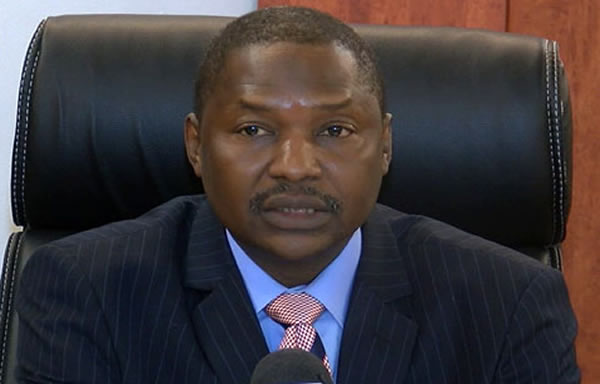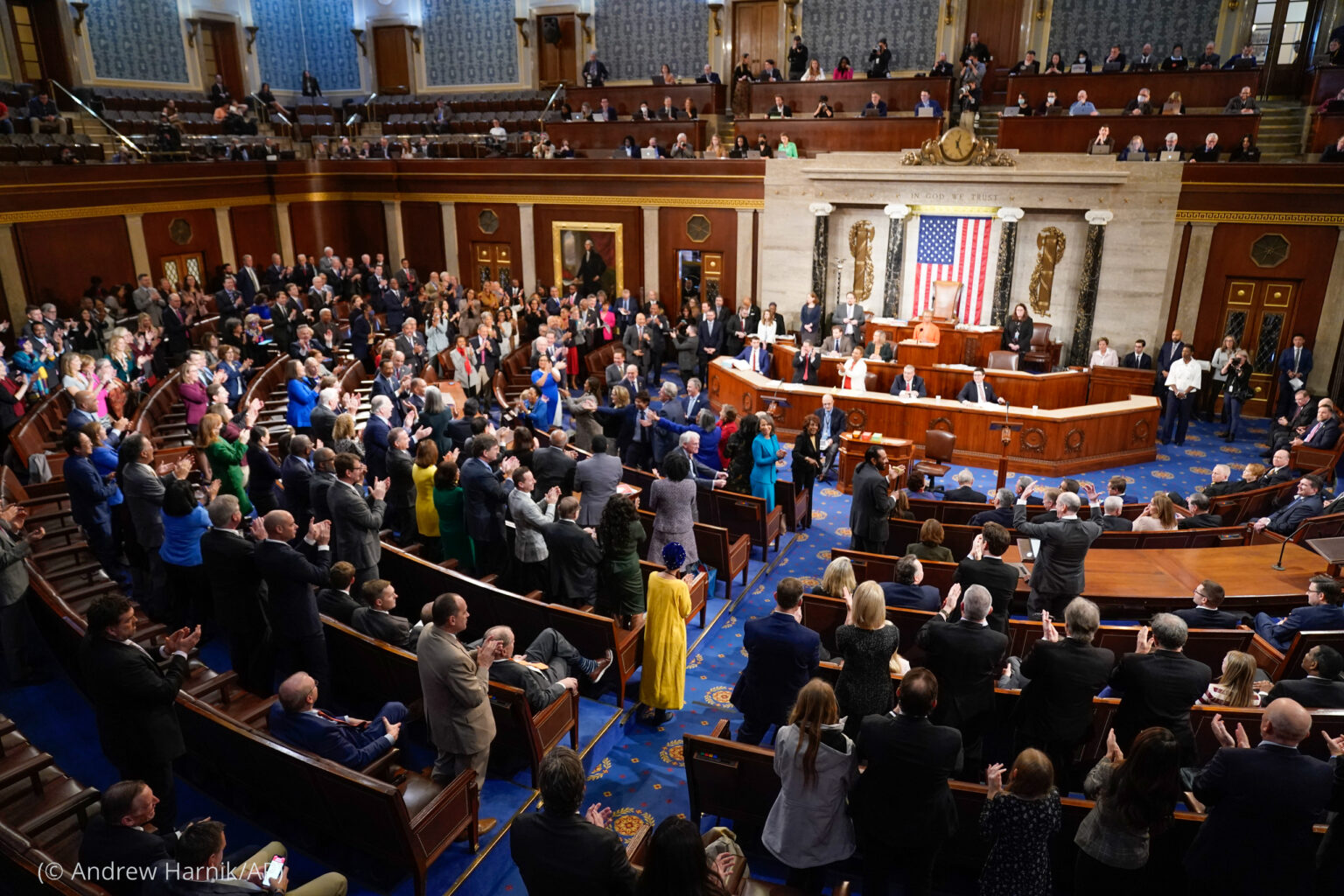All 36 states of the federation have fallen short of the expected compliance in financial autonomy to judiciary and legislature with least allocations to the State Judiciary in the past three years was at 0.6 percent of the budget of the entire State, the highest allocation was 4.89 percent.
This was contained in a communique issued at the end of a two-day retreat on strategies and modalities for the implementation of financial autonomy of state legislature and state judiciary organized by Presidential Implementation Committee on Autonomy of State Legislature and State Judiciary held last week in Abuja.
Governors under the aegis of Nigeria Governors Forum (NGF), had at the opening of the event thrown their weight behind the implementation of financial autonomy of both arms of government at the state level, saying it will ensure Nigeria attends the highest level of transparency and openness in governance.
Chairman of NGF and Governor of Zamfara State, Abdulaziz Yari, had pledged that they will work with the federal government to achieve the implementation strategy and ultimately ensure fully autonomy of the legislature and judiciary at sub-national levels.
The communique signed by 21 of the stakeholders including Abubakar Malami, Attorney-General of the Federation and Minister of Justice and Chairman, Presidential Implementation Committee and Senator Ita Enang, Presidential Liaison to the National Assembly (Senate), and Secretary, Presidential Implementation Committee, notes that there There are various levels of minimal compliance in various States but all fall short of the expected compliance, “as Budget performance across 36 States of the Federation show that whilst the least allocations to the State Judiciary in the past three years was 0.6 percent of the Budget of the entire State, the highest allocation was 4.89 percent and therefore urge the Governors as the Heads of the Executive Arm of Government to begin full implementation of the financial autonomy granted the Legislature and the Judiciary.”
The governors were advised to adopt “the budgeting model operating at the federal level where the sum due to the judiciary and the legislature are captured as first line charge in the budget laid before and passed by the legislature; that the budget proposal of the legislature and judiciary should be defended before the relevant committees of the legislature;
“That the total sum, both Capital and Recurrent, approved in the Annual Budget of the State, be released monthly on a pro–rata basis by the Accountant General of the State, directly to the Heads of the Legislature and the Judiciary, and Heads of Judicial Service Committee or Commission;
“That the budgeted sum, Capital and Recurrent howsoever described, be released to the Judiciary to be spent by the Judiciary on the projects, programmes and capital development of the Judiciary, including recruitment and training of personnel. And so for the Legislature;
“That the current practice in some States where appropriated Recurrent Expenditure due the Judiciary and Legislature in the budget, are released to the Judiciary and Legislature and the Capital components are warehoused in the Executive is hereby abolished;
“That the Model Budget Template of the Judiciary and Legislature, the strata of line consultations and inter Arms, as well as Inter-Agency pre-budget consultations and front loading as already done in some states, be adopted.”
The governors forum was appreciated for its commitment to the implementation of the financial autonomy of State Legislature and State Judiciary in Accordance with the 4th Alteration to the 1999 Constitution (as amended).
























Leave a comment